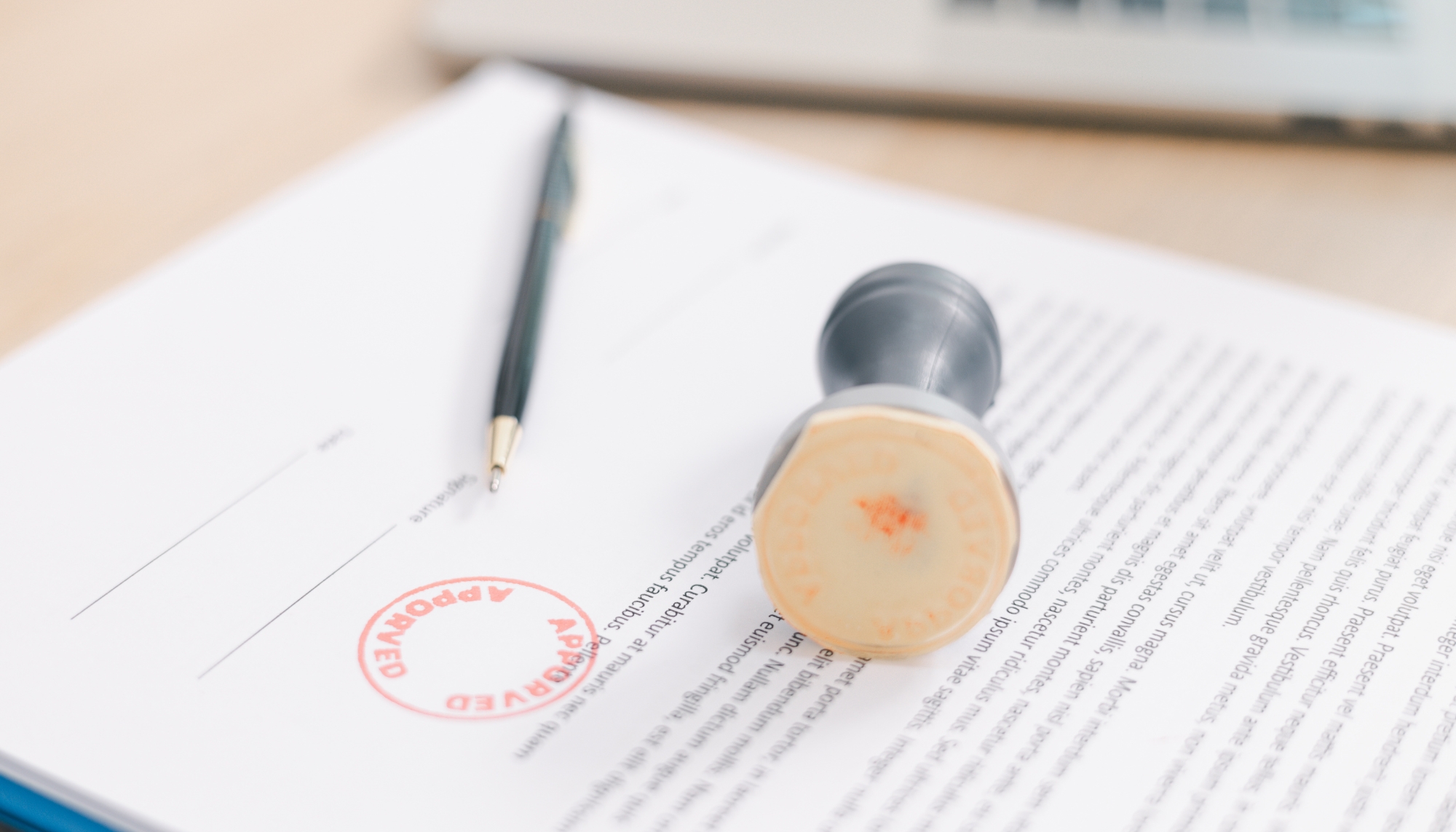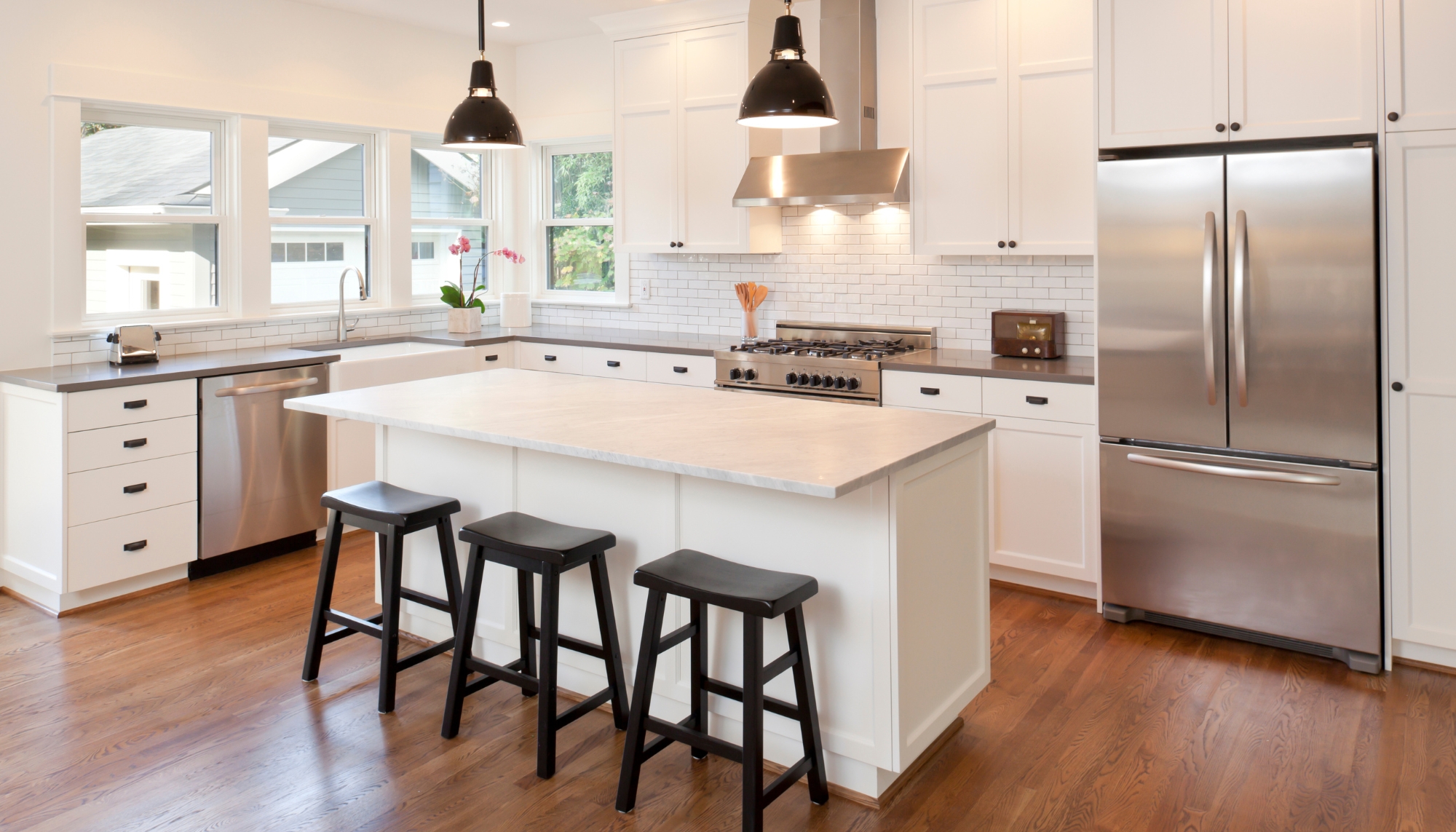Owning an investment property is an excellent way to build your financial security. For example, average house prices in Perth have risen by more than 10 per cent in some suburbs over the last twelve months. While the property market always follows a natural ebb and flow, it’s clear this strategy makes sense if you are able to invest for the long term.
Investing offers a lot of potential for strong financial returns but there are important factors to consider before you commit to making a purchase.
One of these factors is rental yield, which can influence the financial commitments you make as part of your investment journey.
Take a look at what rental yield means and why it is important.
The investment property ‘expense gap’
When you buy an investment property, unless you are lucky enough to pay cash for it, you can’t avoid taking out or adding to your mortgage.
For simplicity’s sake, let’s say you own an investment property worth $600,000, you owe $500,000 on the mortgage and you have repayments of around $2,500 per month.
To help cover the cost of the loan, you will probably need a tenant to lease the home and pay rent. The money they pay (let’s say it is $400 per week) will go towards some, but likely not all of your loan repayment costs.
So you will still have a gap to pay to cover the cost of the mortgage. In addition to this, you have what is referred to as your ‘holding expenses’. These include:
- The cost of insurance
- The cost of a property manager
- Strata fees
- Council fees
- Water rates if applicable
- Maintenance and repair costs
As explained by Lendi, your rental yield refers to the “profit you generate each year from your investments as a percentage of its value.” Obviously, the higher your rental yield, the less you have to pay in outgoing expenses. This gives you the flexibility of more cash in your pocket or the ability to make higher repayments so you can close the loan off sooner.
To calculate your ‘gross rental yield’, for a $600,000 property with tenants paying $400 per week in rent:
You purchased a property for $600,000. The weekly rent on your property is $400. Multiply this figure by 52.
- 400 x 52 = 20,800 (annual rental income)
- Gross rental yield = (annual rental income/property value) x100
- Gross rental yield= (20,800 / 600,000) x 100
- Gross rental yield= 3.46%
You also need to use expenses to calculate your ‘net yield’.
For example the annual cost of holding your rental property may add up to $3,000 once everything is factored in:
Net rental yield = [(Annual rental income – annual expenses) / total property cost] x 100
Net rental yield = [(20,800 – 3000) / 600,000] x 100
Net rental yield = 2.96%
Perth average rental yields
A particular suburb may seem like a great place to invest in or a home may be appealing to you as an investment property but you’ll need to check the average and potential rental yield as part of your due diligence.
For example, Subiaco is a highly sought-after suburb in Perth but recent figures show the average rental yield at 2.6 per cent for houses and 4.6 per cent for apartments. In Scarborough and Willagee, the rental house yield is 3.9 per cent and in Highgate, it is 3.0 per cent.
Generally speaking, a rental yield higher than 3 per cent is considered ‘good’ but the higher the percentage, the better because it will minimise your holding costs.
With all this being said, rental yields do change over time. If a new rail line opens in a suburb or if a new business hub or hospital is established, the rental yield can quickly change. This is why you need to do some research before you buy.
Get advice from your Perth property manager
As you can see, buying an investment property requires careful calculation.
If you’re thinking about purchasing an investment property, get in touch with a property manager who can assist you in estimating the rental yield and ensure you can afford the associated costs of owning a home.
Your property manager will ensure you charge the right price for your investment property and that it is taken care of in a way that reduces holding costs. They can also share advice about whether incoming infrastructure is likely to have an impact on the future rental price of the property.
Finally, don’t forget to ask about depreciation and what you can claim as a tax deduction to reduce the overall cost of owning an investment home.
Need a reliable, professional Perth property manager? Contact D Residential today.



